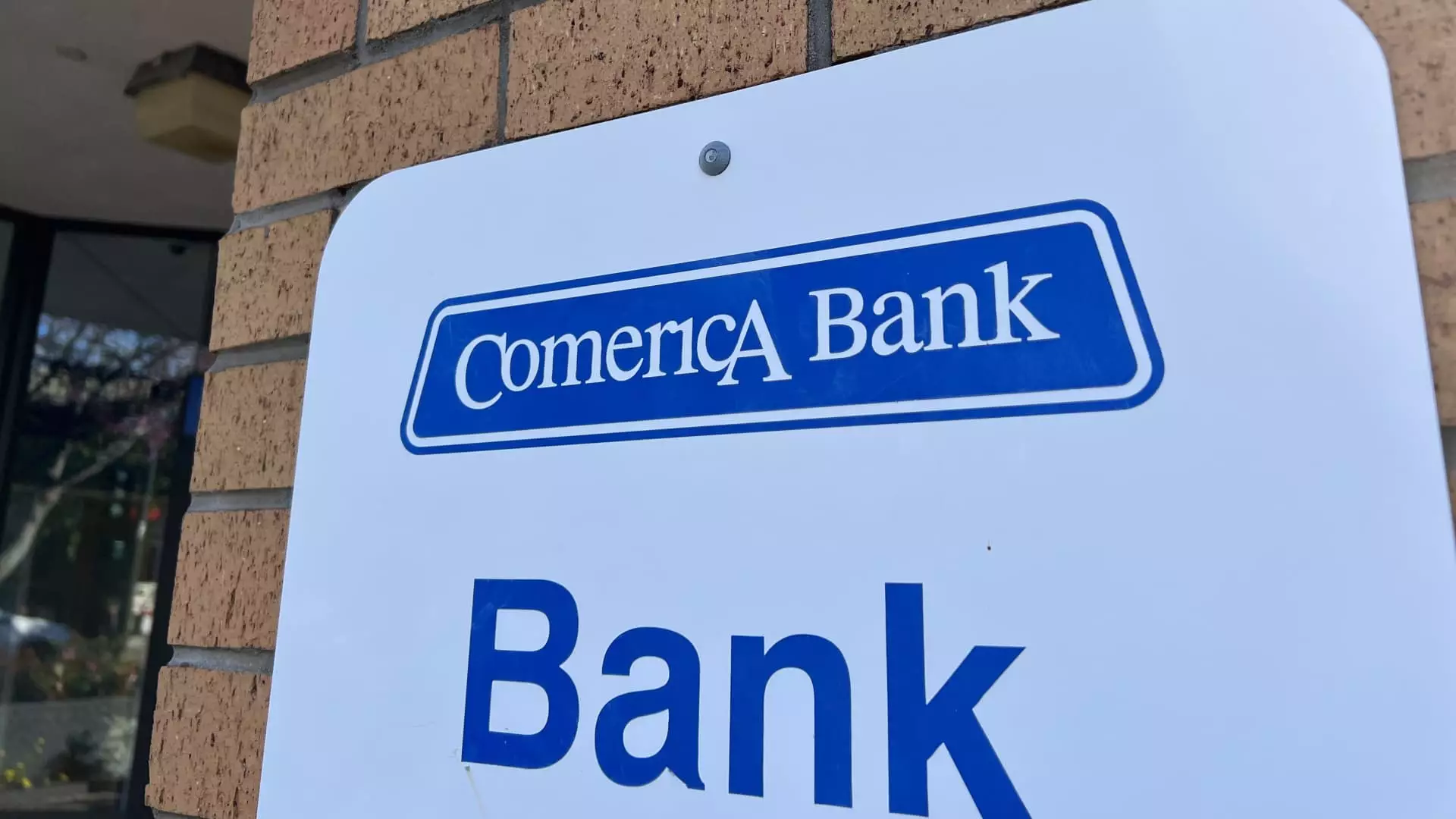The Consumer Financial Protection Bureau (CFPB) has initiated legal action against Comerica Bank, a regional financial institution, for its purported mismanagement of a federal benefits program utilizing prepaid debit cards. This program, known as Direct Express, is designed to assist individuals reliant on Social Security and other critical federal benefits, offering them a secure means to access their funds. The lawsuit alleges serious violations, including the deliberate disconnection of millions of customer service calls and the imposition of unjust ATM fees on over one million cardholders.
Director Rohit Chopra of the CFPB has articulated concerns that Comerica’s actions have significantly compromised the financial well-being of vulnerable populations. The accusation states that the bank not only failed to provide adequate customer service but also fostered an environment where fraud complaints were mishandled. Importantly, the cases mentioned in the lawsuit reflect a need for accountability in how financial institutions service individuals who predominantly rely on fixed incomes. Such negligence can have dire consequences for cardholders, many of whom are older citizens or individuals with disabilities.
Moreover, the allegations extend beyond simple incompetence; they suggest a systematic approach to maximizing profits at the expense of those in need. Ending 24 million customer service calls and imposing fees unfairly could imply a prioritization of Comerica’s financial gains over the welfare of its customers, raising ethical questions about the bank’s operational strategies.
The Direct Express program has played a pivotal role in delivering benefits to citizens who are often underserved by traditional banking systems. As Comerica has managed this program since 2008 under a contract with the Department of the Treasury, the expectations for its operation are high. Customers depend on this service not only for daily expenses like groceries and gas but also for financial stability. Thus, any mishandling of the program could jeopardize the livelihood of millions, exacerbating economic struggles among already vulnerable members of society.
In response to the CFPB’s allegations, Comerica has filed its own complaints, asserting that the bureau has overstepped its bounds in its investigations. The bank contends that they operated within the parameters established by federal oversight, presenting a defense centered on the argument that their actions were consistent with federal guidelines. Comerica emphasizes that they have collaborated fully with the CFPB throughout the inquiry, providing necessary documentation to exemplify the complexities of their role as a financial agent for the program.
Despite these assertions, Comerica’s ability to protect its reputation and customer trust may hinge on the outcome of this case. The ramifications of the CFPB’s allegations could significantly impact Comerica’s standing in both the financial industry and the communities it serves.
The CFPB’s actions are not unprecedented; they reflect a broader pattern of regulatory scrutiny over financial institutions that mishandle government programs, as seen in previous cases like the $100 million fine levied against Bank of America for its mishandling of unemployment benefits. This trend points to an increasing demand for accountability from banks, especially those managing public funds.
As financial regulations evolve, the outcome of this case against Comerica Bank will not only influence the institution’s future practices but also serve as a bellwether for the industry’s commitment to ethical standards and customer service. In the wake of this issue, a renewed focus on safeguarding vulnerable populations must remain a priority within the financial sector.

